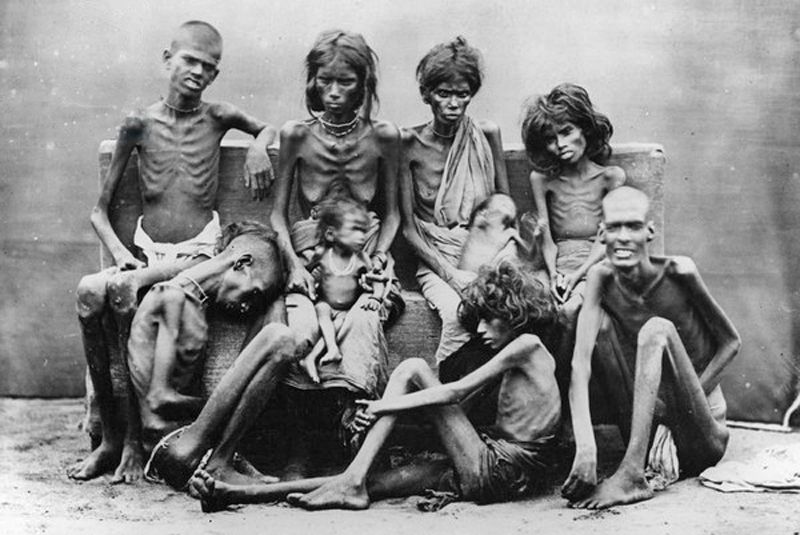Pounce: Ocasio-Cortez botched the 'Green New Deal' rollout, so the New York Times went after Republicans
https://www.washingtonexaminer.com/...-so-the-new-york-times-went-after-republicans
It never fails. You can almost set your watch to it.
If a Democrat does or says something incredibly, perhaps irredeemably, stupid or vicious, you can bet good money major newsrooms will ignore it for as long as it takes for their reporters to make the story about the supposed conservative overreaction. To be clear, the problem with the “Republicans pounce” trope isn’t merely that newsrooms report on the conservative reaction. Reaction articles are fine! The issue is that newsrooms often won’t touch a story that reflect poorly on Democrats at all until it can be made into something broader about how Republicans and conservatives are supposedly exploiting the moment.
Call it the “Republicans pounce” or “Republicans seize” trope.
This weekend, for example, Rep. Alexandria Ocasio-Cortez, D-N.Y., lied about the rollout of her preposterous "Green New Deal,” which included the circulation of numerous “frequently asked questions” sheets.
The FAQs pages from her office claimed, among other things, that the "GND" aims to lower fossil fuel emissions to “net-zero, rather than zero emissions, in 10 years because we aren’t sure that we’ll be able to fully get rid of farting cows and airplanes that fast.” The FAQs also boasted that the House resolution would provide “economic security for all who are unable or unwilling to work.” Neither cow farts nor “unwilling to work” are included in the actual resolution co-sponsored by more than 100 Democratic lawmakers.
The FAQs were rightly ridiculed and mocked by critics, and even supporters, of Ocasio-Cortez’s proposal. But rather than own up to authoring the ludicrous documents, the congresswoman and her team initially denied all involvement, alleging instead a vast right-wing disinformation campaign.......(SNIP)
https://www.washingtonexaminer.com/...-so-the-new-york-times-went-after-republicans
It never fails. You can almost set your watch to it.
If a Democrat does or says something incredibly, perhaps irredeemably, stupid or vicious, you can bet good money major newsrooms will ignore it for as long as it takes for their reporters to make the story about the supposed conservative overreaction. To be clear, the problem with the “Republicans pounce” trope isn’t merely that newsrooms report on the conservative reaction. Reaction articles are fine! The issue is that newsrooms often won’t touch a story that reflect poorly on Democrats at all until it can be made into something broader about how Republicans and conservatives are supposedly exploiting the moment.
Call it the “Republicans pounce” or “Republicans seize” trope.
This weekend, for example, Rep. Alexandria Ocasio-Cortez, D-N.Y., lied about the rollout of her preposterous "Green New Deal,” which included the circulation of numerous “frequently asked questions” sheets.
The FAQs pages from her office claimed, among other things, that the "GND" aims to lower fossil fuel emissions to “net-zero, rather than zero emissions, in 10 years because we aren’t sure that we’ll be able to fully get rid of farting cows and airplanes that fast.” The FAQs also boasted that the House resolution would provide “economic security for all who are unable or unwilling to work.” Neither cow farts nor “unwilling to work” are included in the actual resolution co-sponsored by more than 100 Democratic lawmakers.
The FAQs were rightly ridiculed and mocked by critics, and even supporters, of Ocasio-Cortez’s proposal. But rather than own up to authoring the ludicrous documents, the congresswoman and her team initially denied all involvement, alleging instead a vast right-wing disinformation campaign.......(SNIP)



